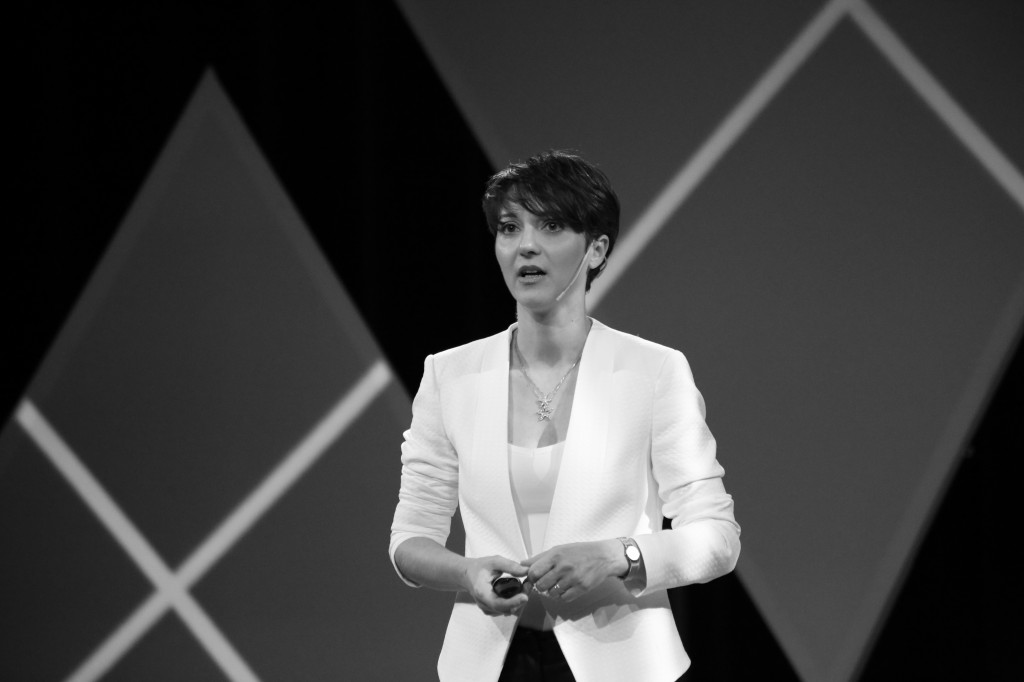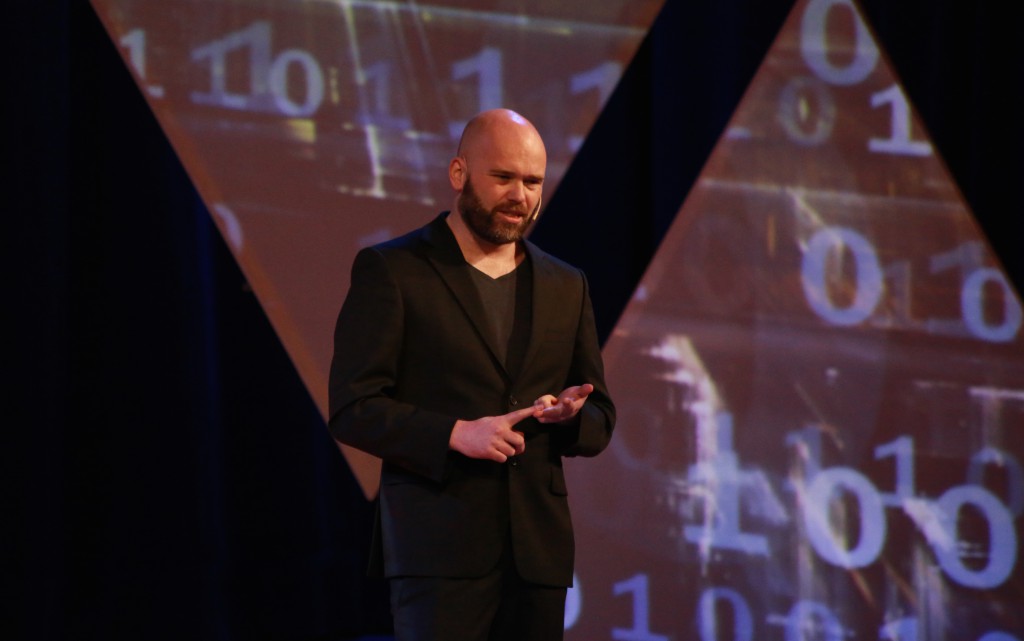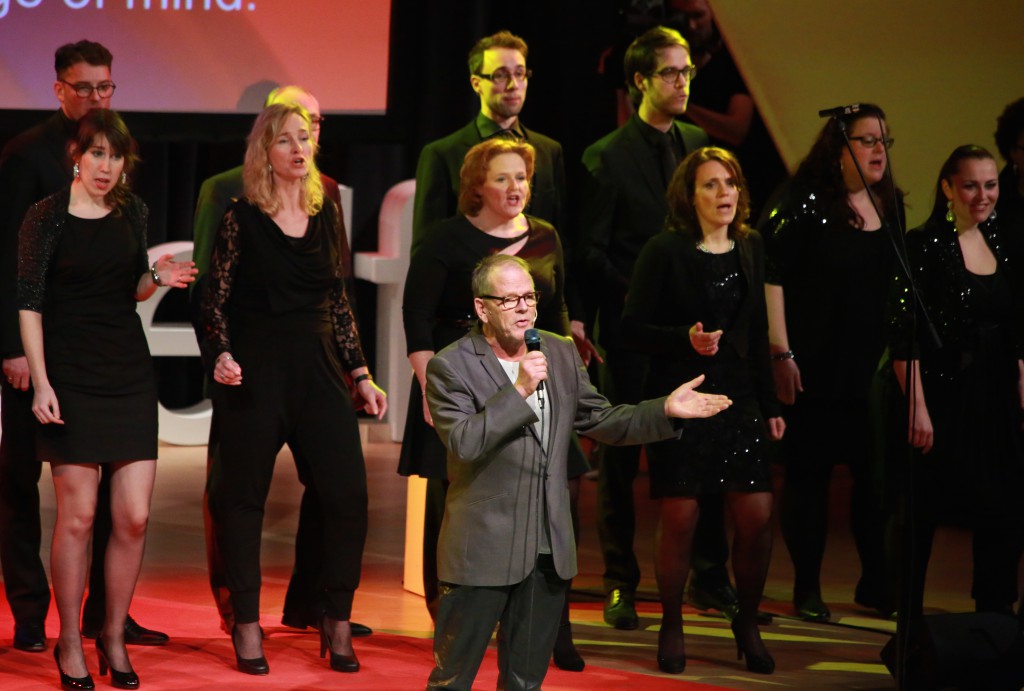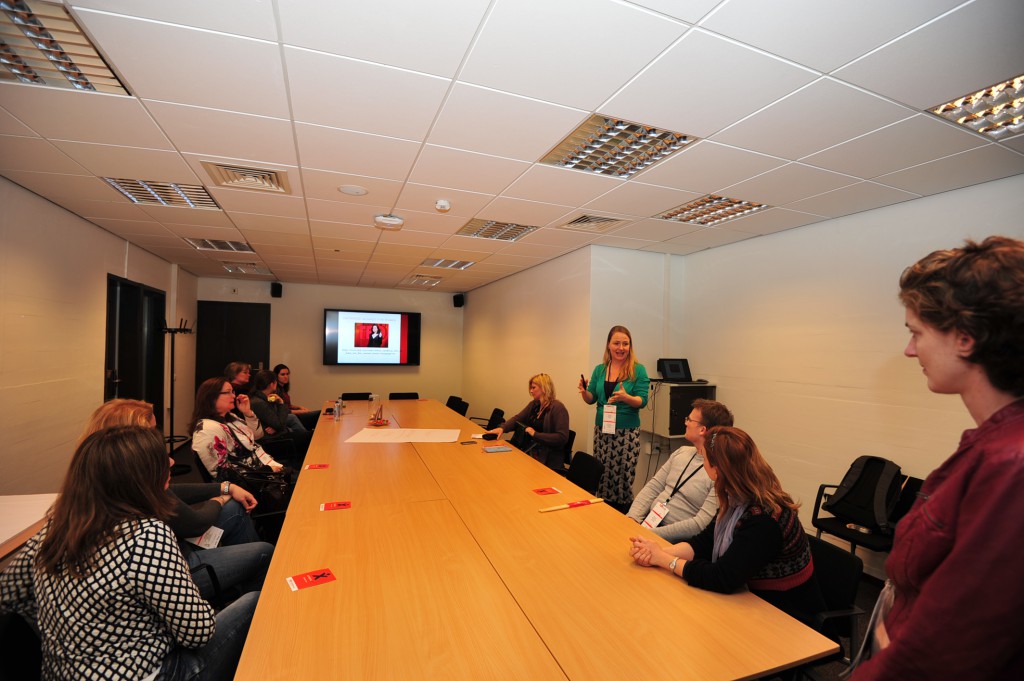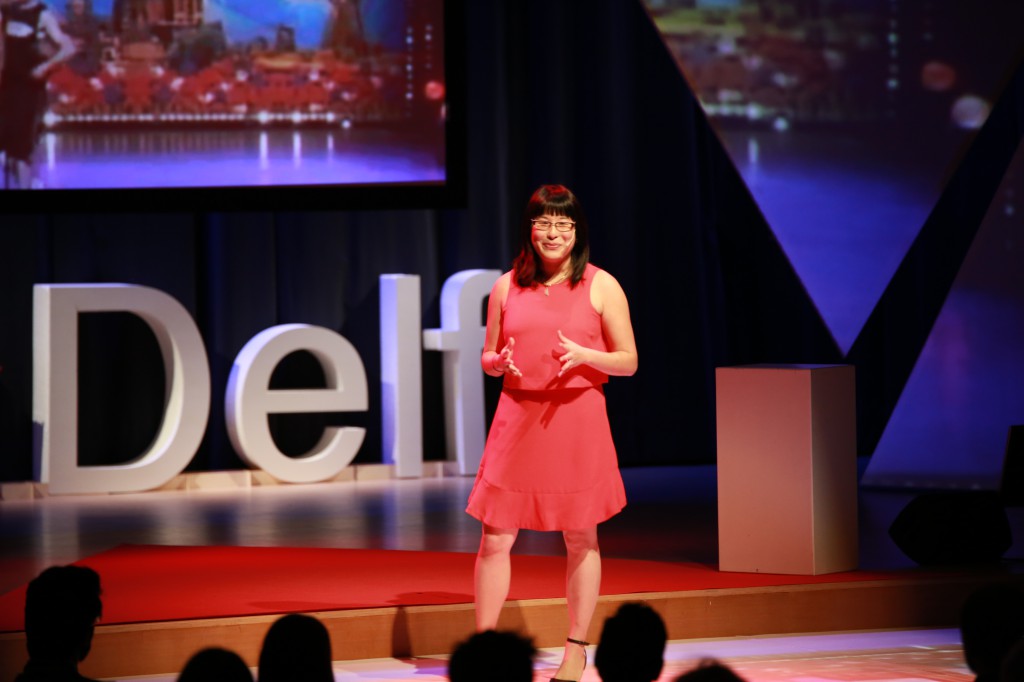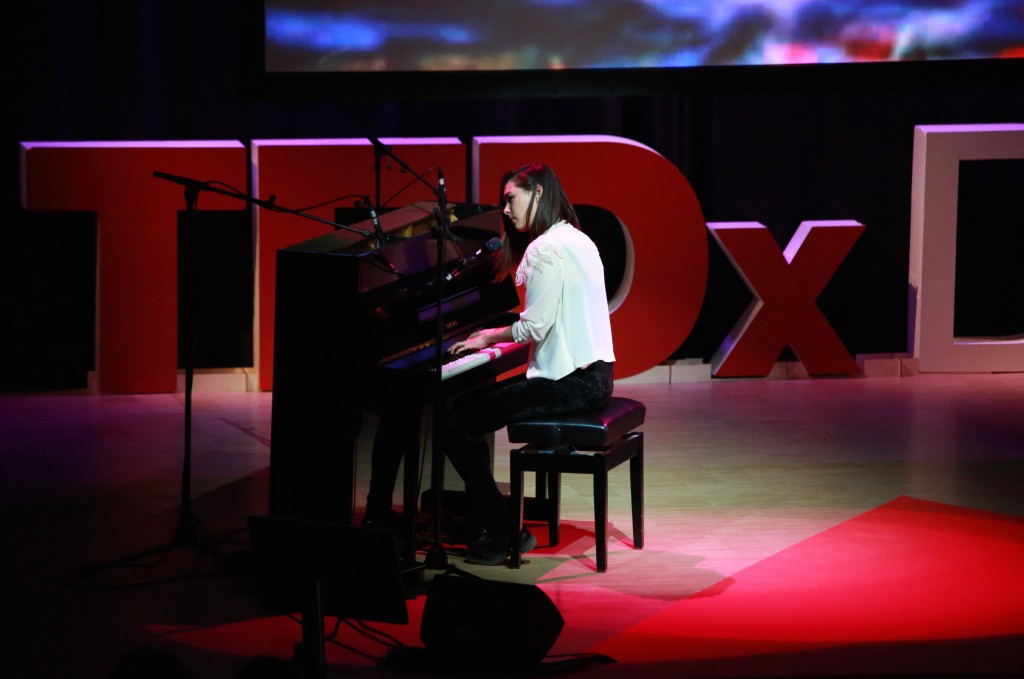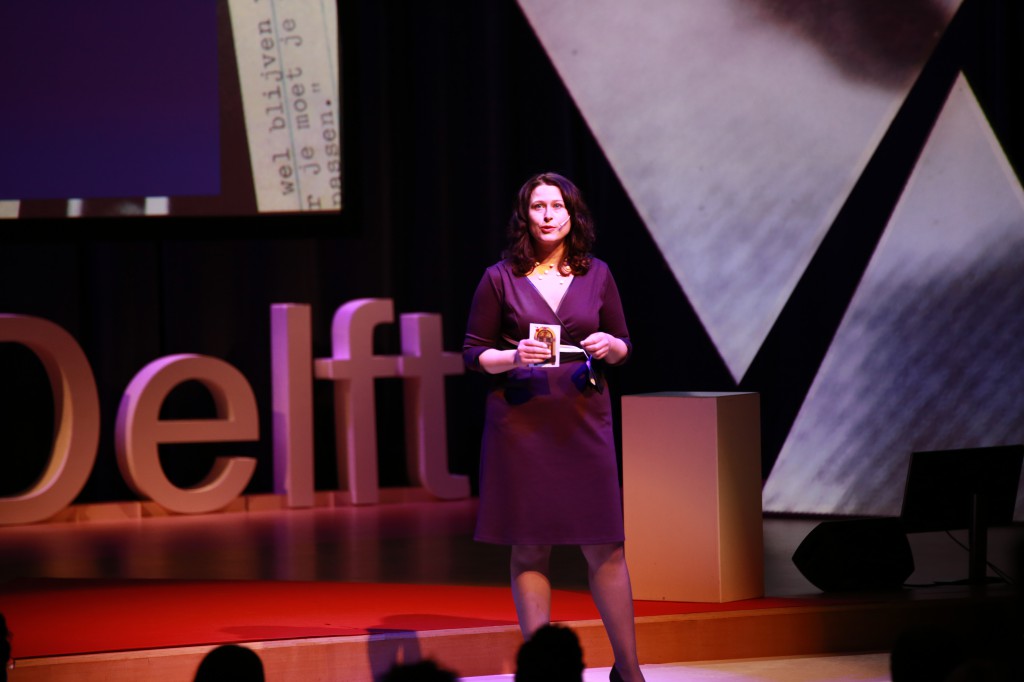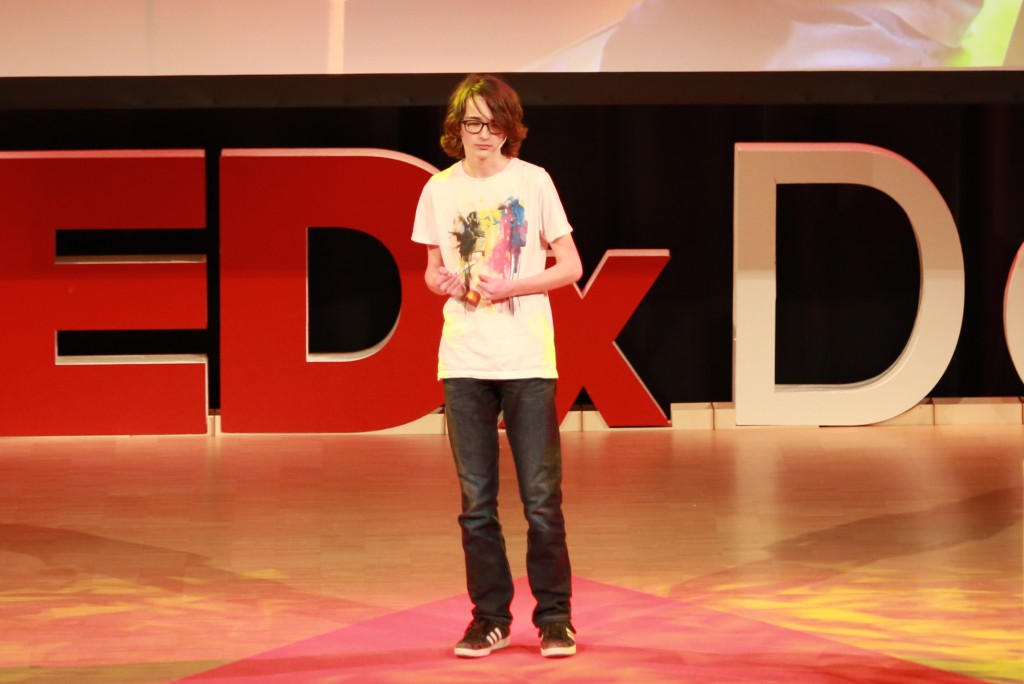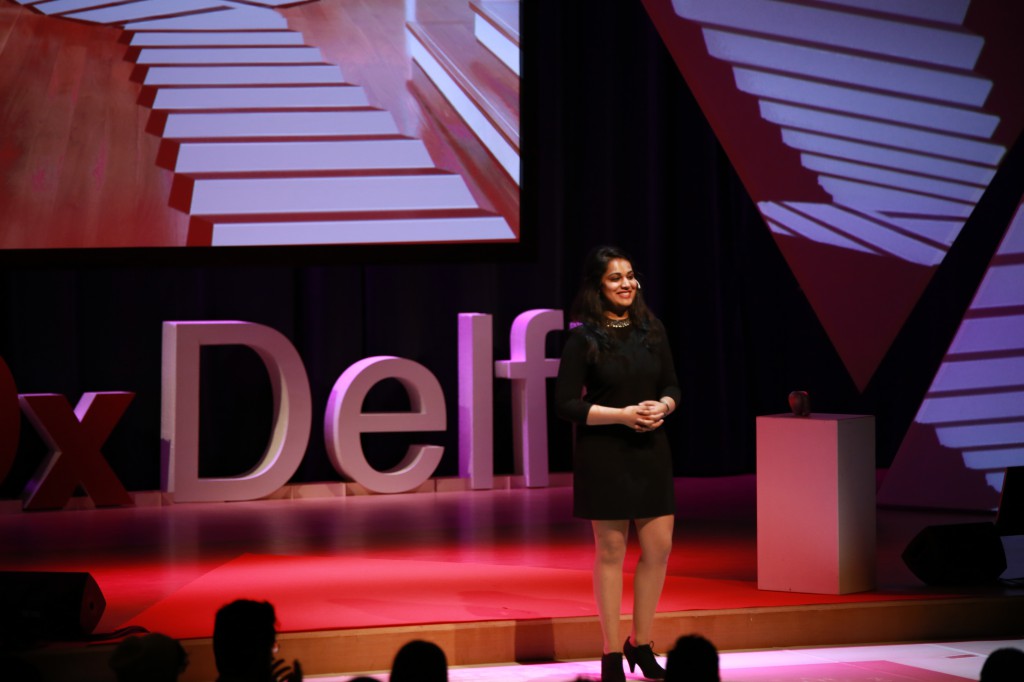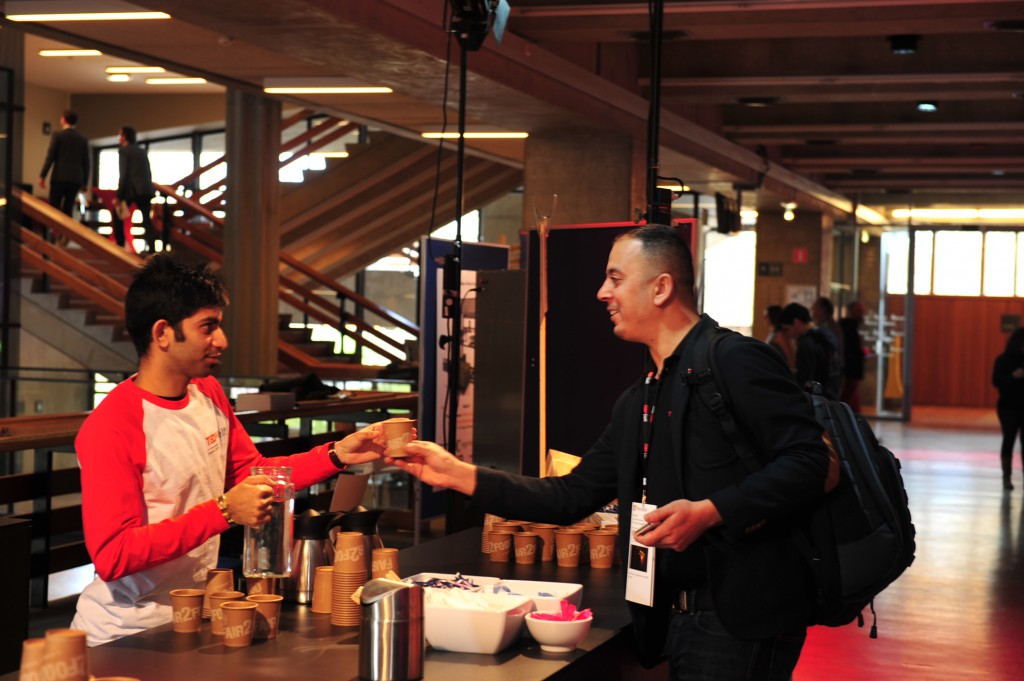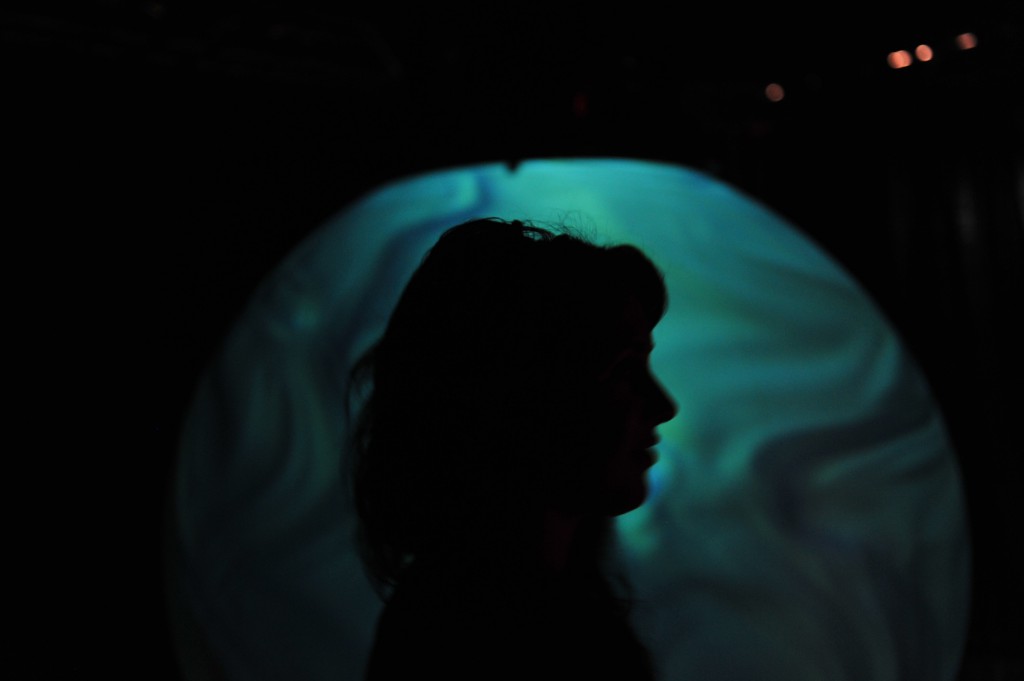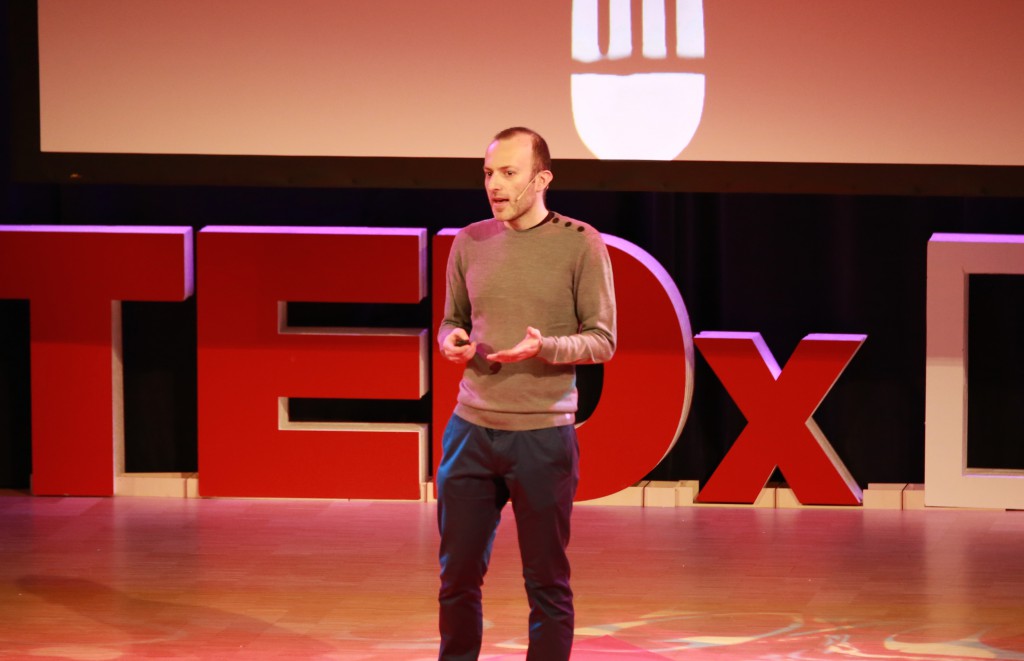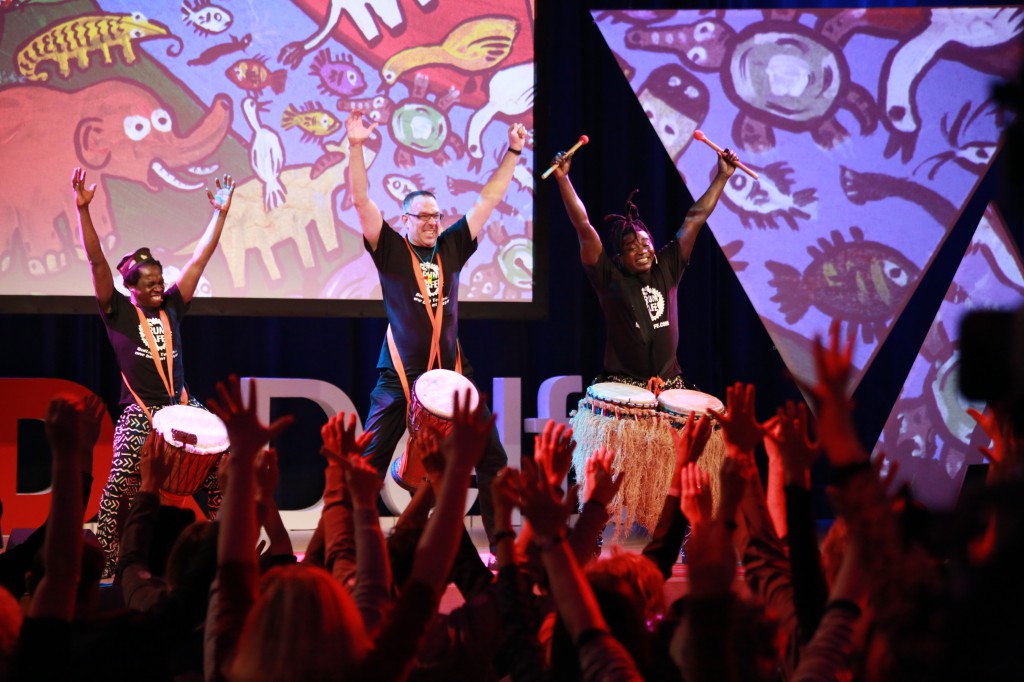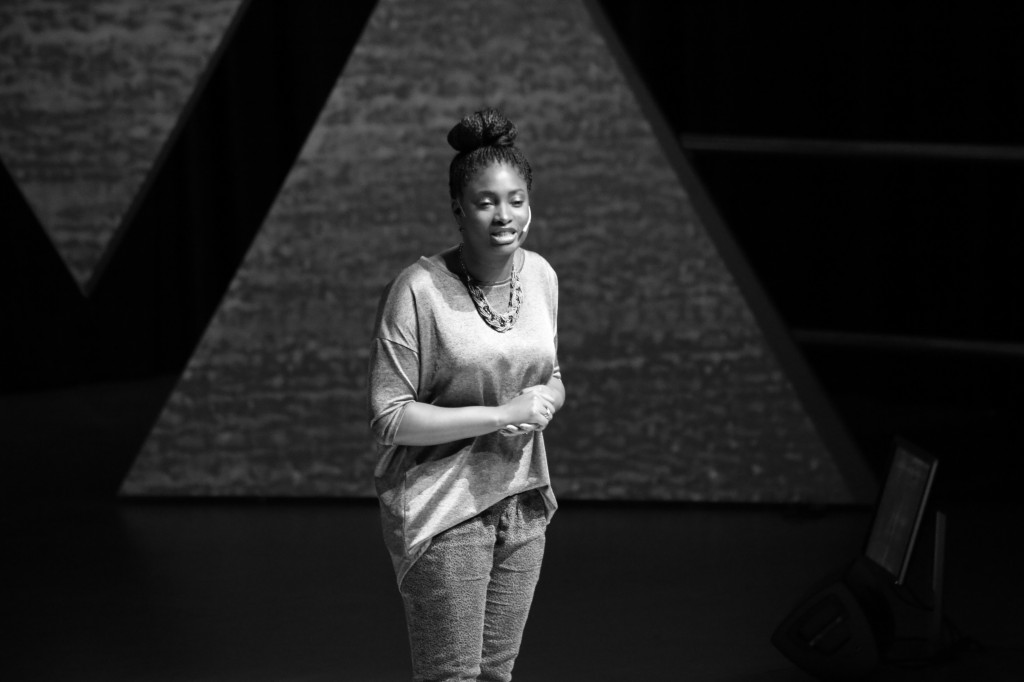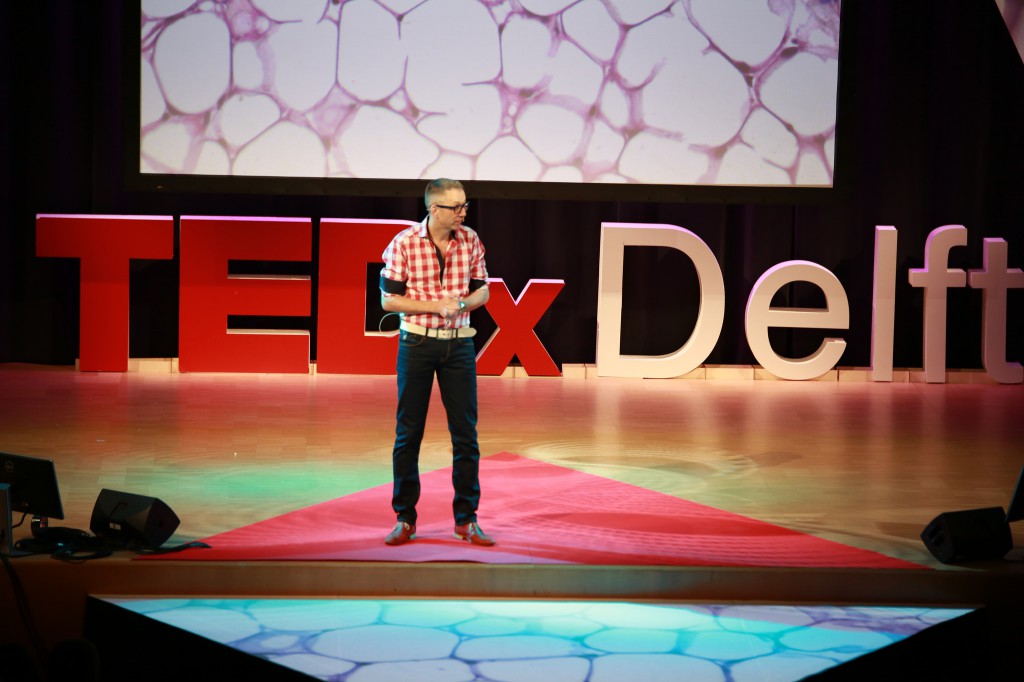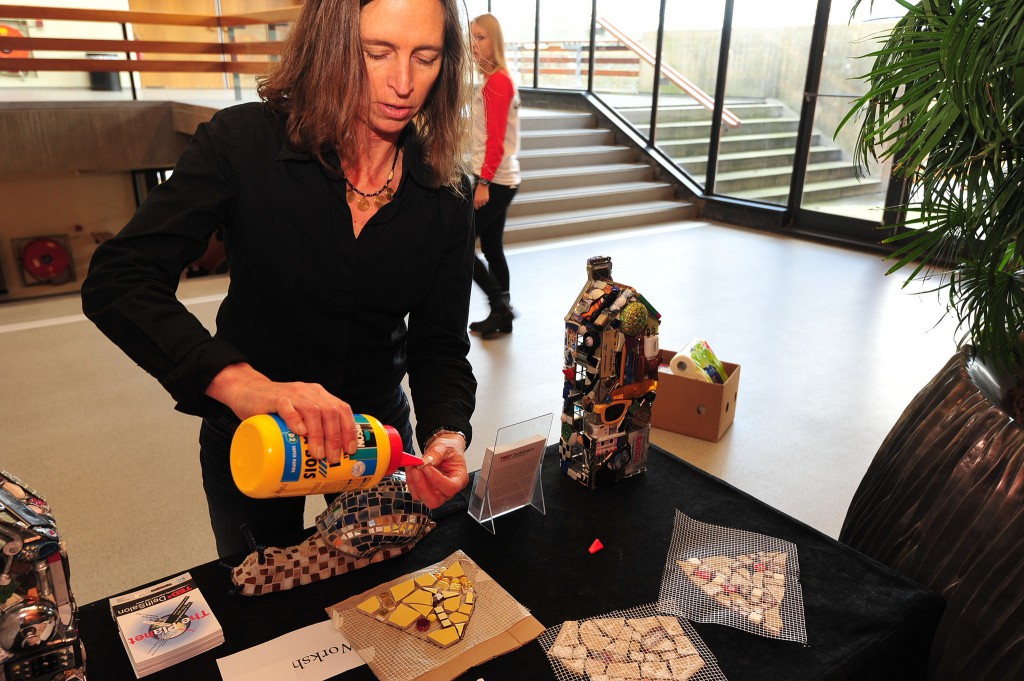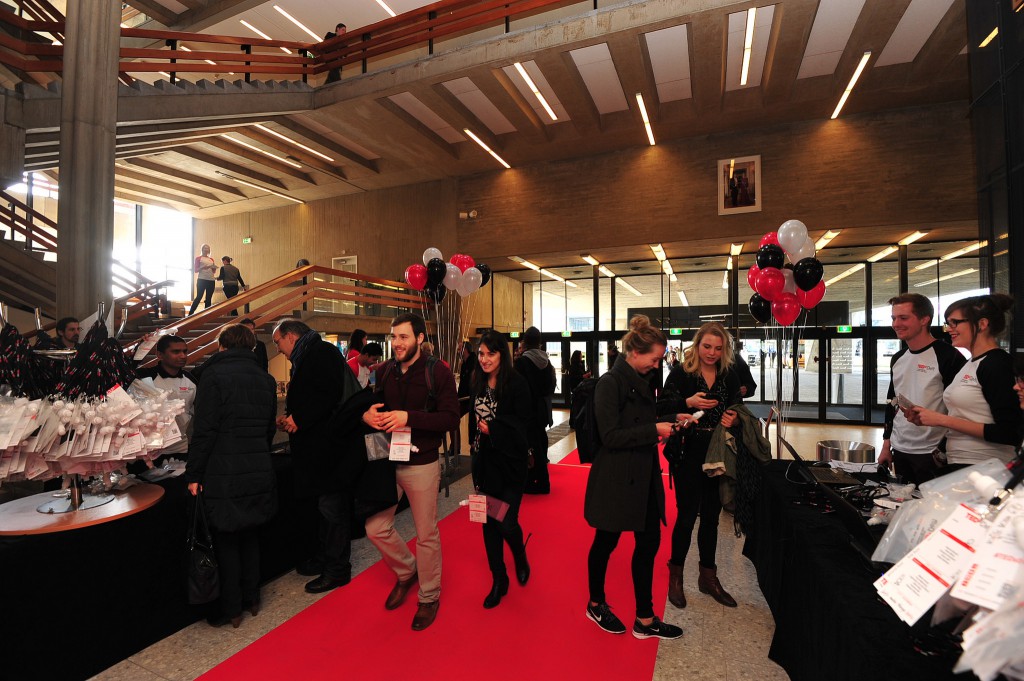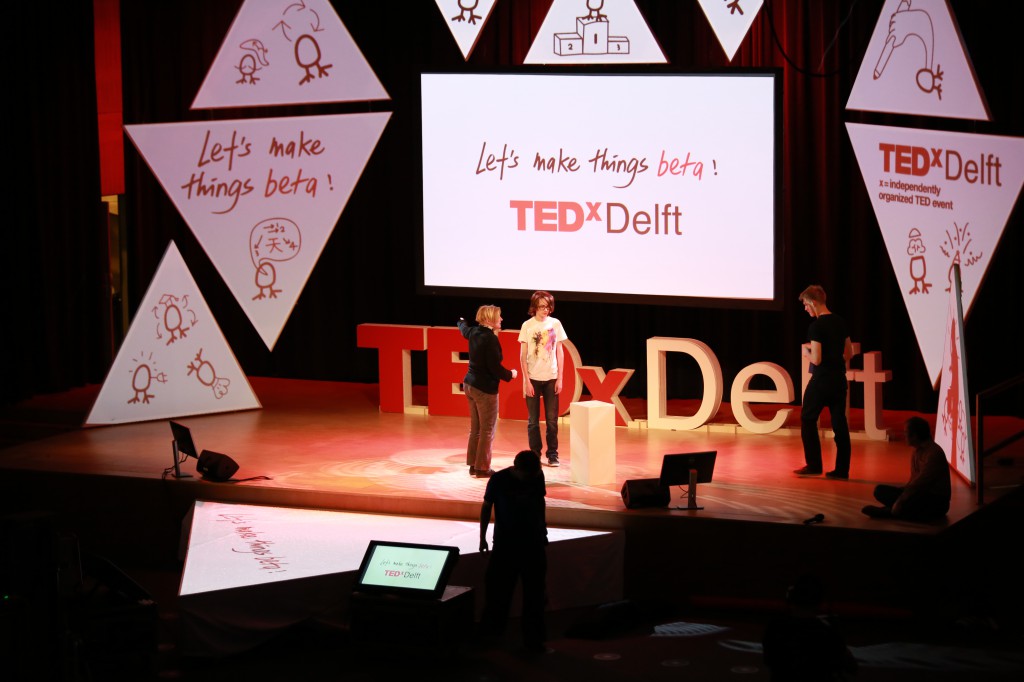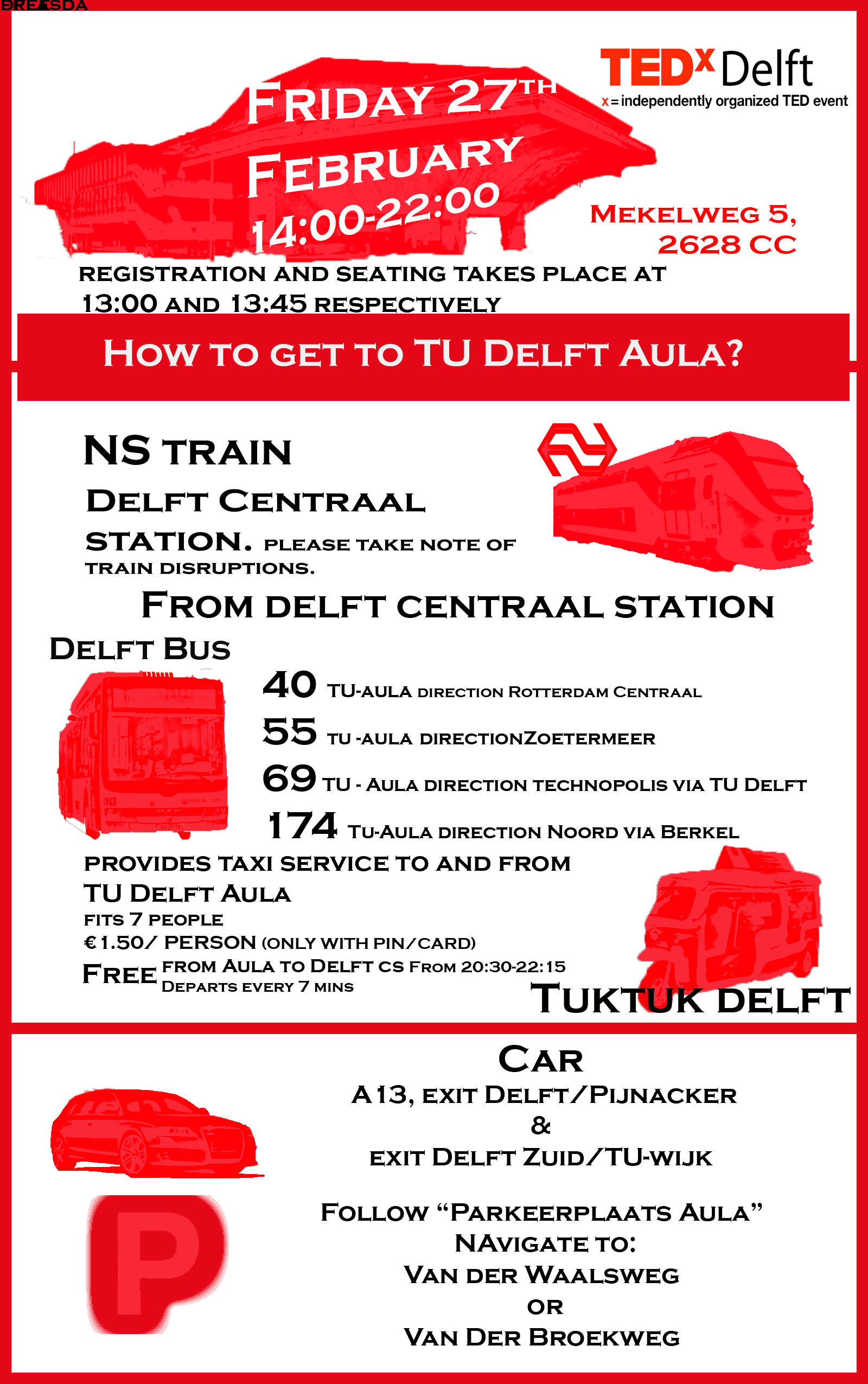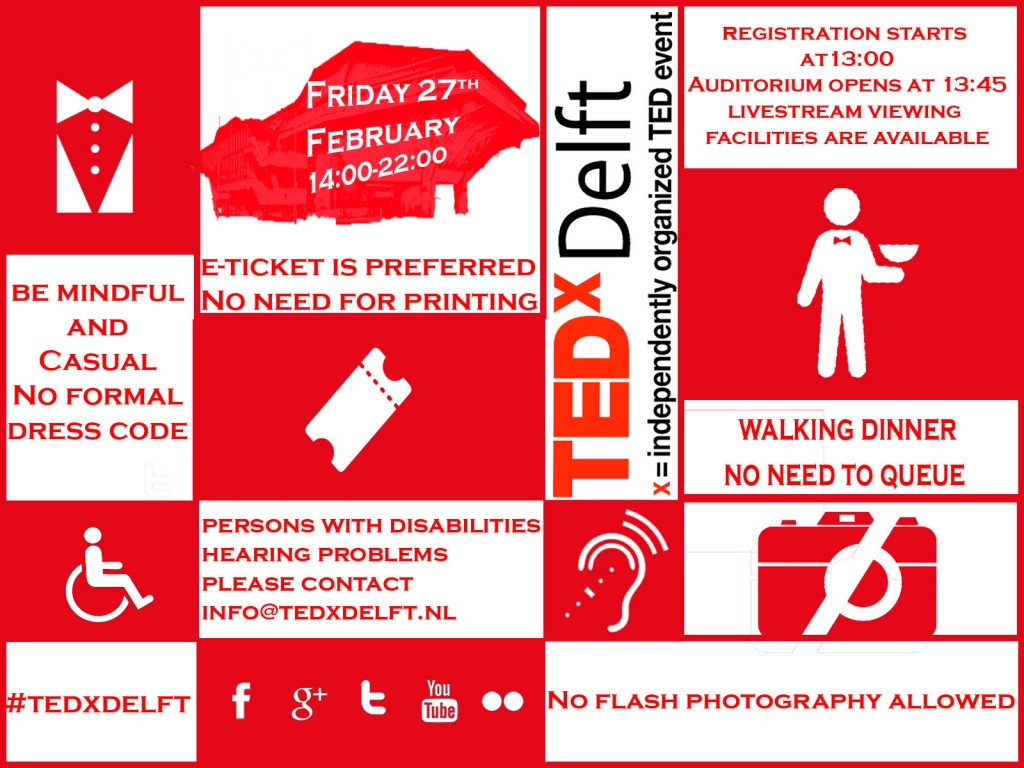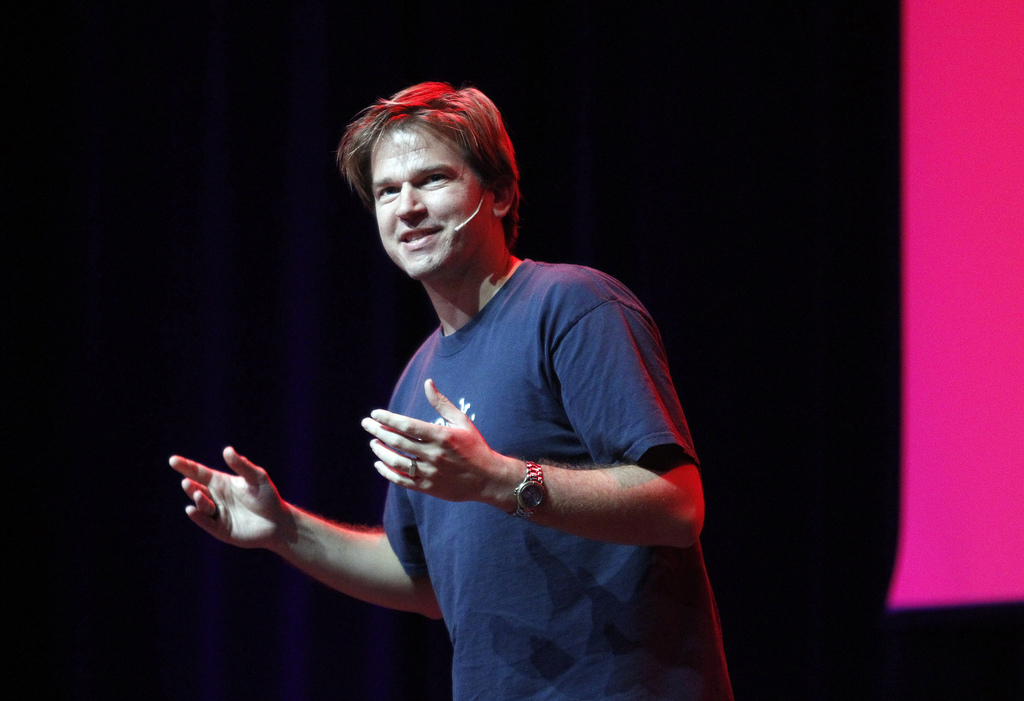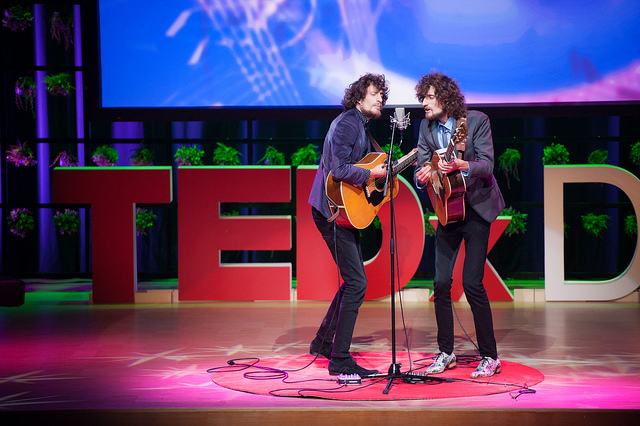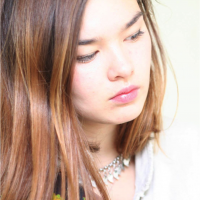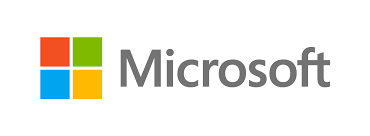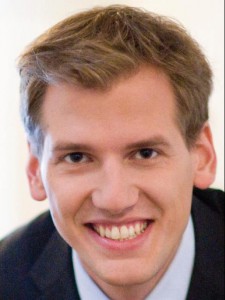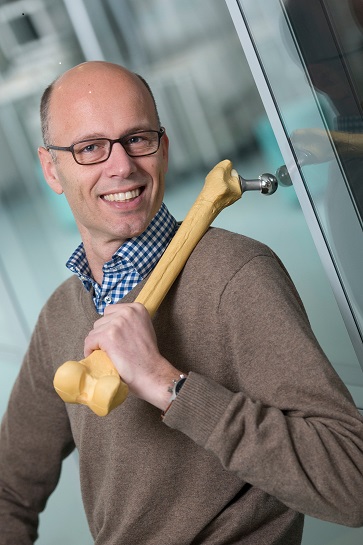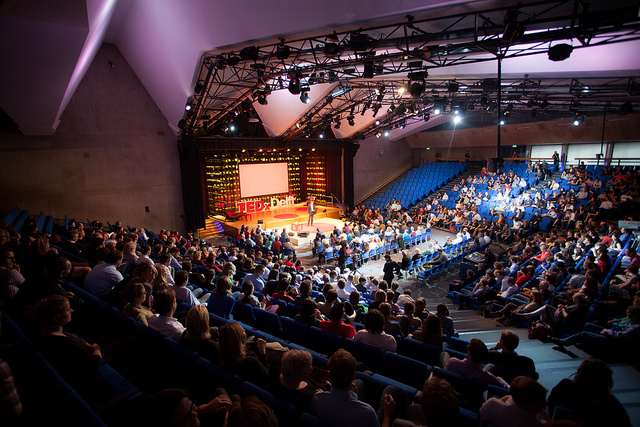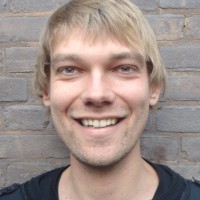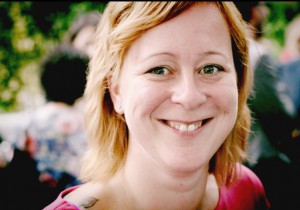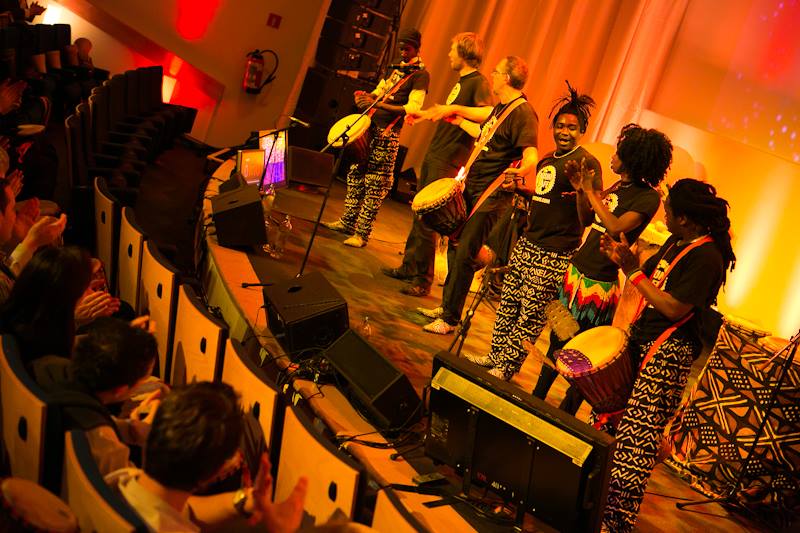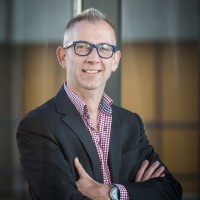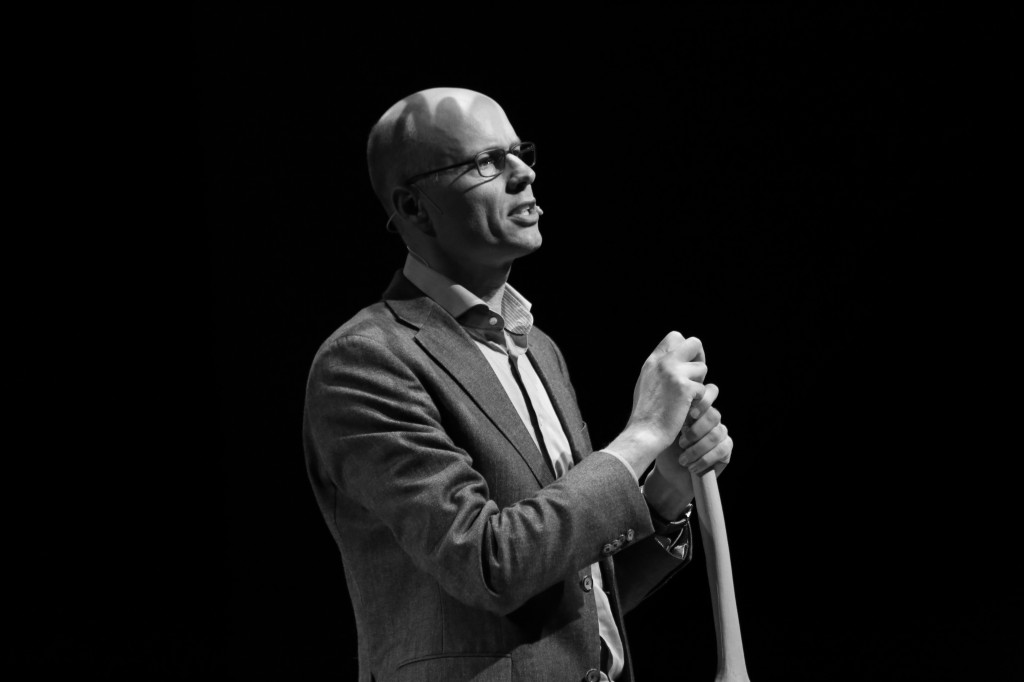
“Every year, one and a half million people in the world are treated for osteoarthritis with hip prosthesis. Our aim is to make these hip replacements last for a lifetime” says Dr.Edward Valstar in his talk about a possible cure for this specific abnormality, which leads to the degradation of joints in human body.
With an MSc in Mechanical engineering and a PhD in the imaging of orthopaedic implants, Valstar’s interest lies in combining engineering and medicine. As a professor in Orthopaedics at the Leiden University Medical Center and an Antonie van Leeuwenhoek professor at the Department of Biomechanical Engineering in TU Delft, Valstar’s focus is on the implantation of artificial joints in the hips and the knees. As much a good Samaritan he is, Valstar quite enjoys stage presentations and reaching out to a wide audience.
According to the professor, the most important challenge in regard to hip replacement surgeries is that it fails in a few years, due to the formation of a scar tissue around the area where the prosthesis is done. But why does it fail?
“The artificial implants function in a harsh environment, where peak loads act regularly, leading to failure. No hip prosthesis lasts for more than 30 years” explains Valstar. He says that extensive and prospective research is being carried out on possible solutions to this issue, which include shredding the tissue into tiny pieces with a high pressure jet of water or turning the tissue into bone, which is along the lines of “turning waste into gold”.
“The number of patients are on the rise. We have to accept loading and eliminate the need for revision surgery. We have to improve hip prosthesis.” This is Valstar’s mission for the greater good.

